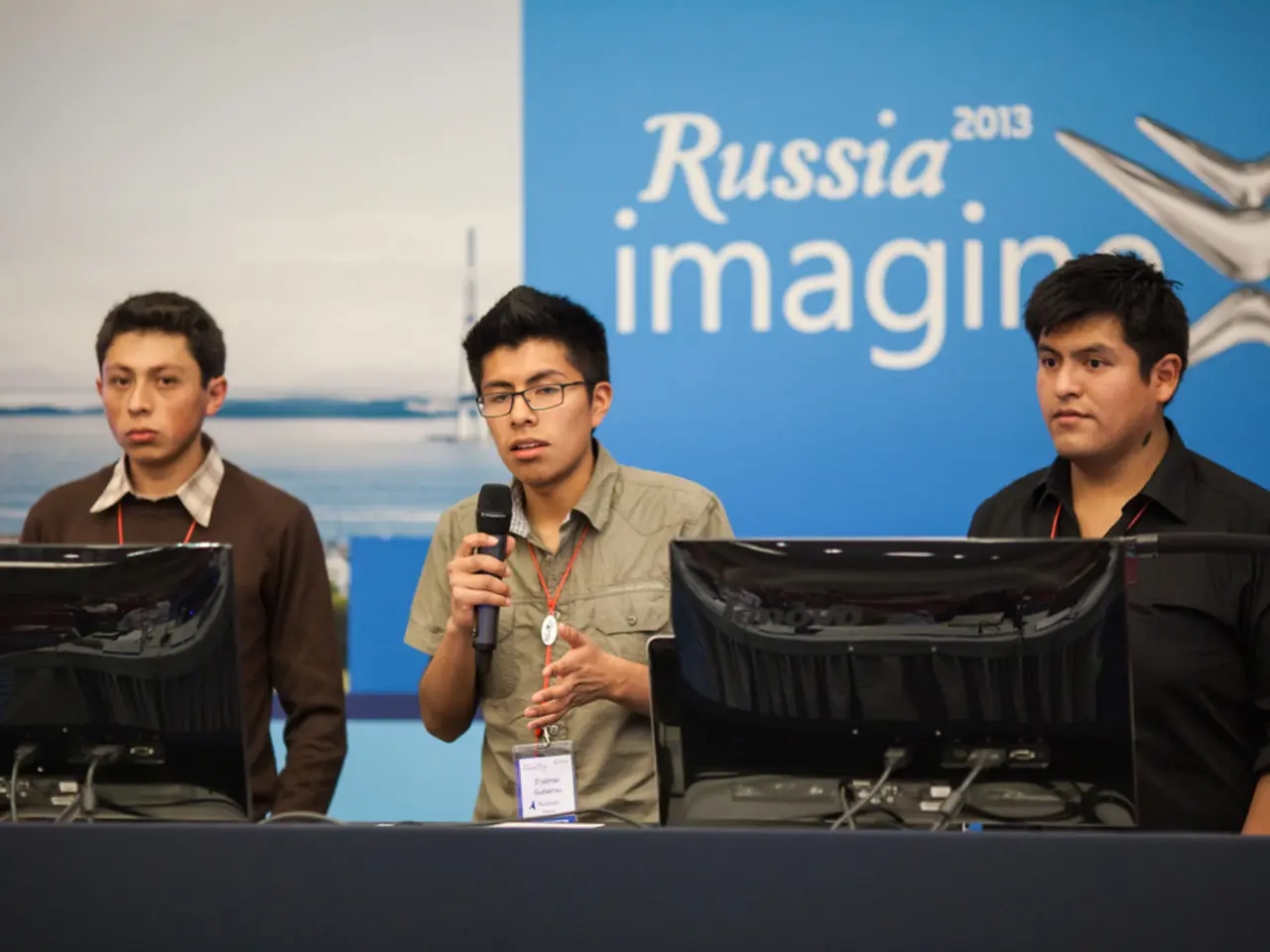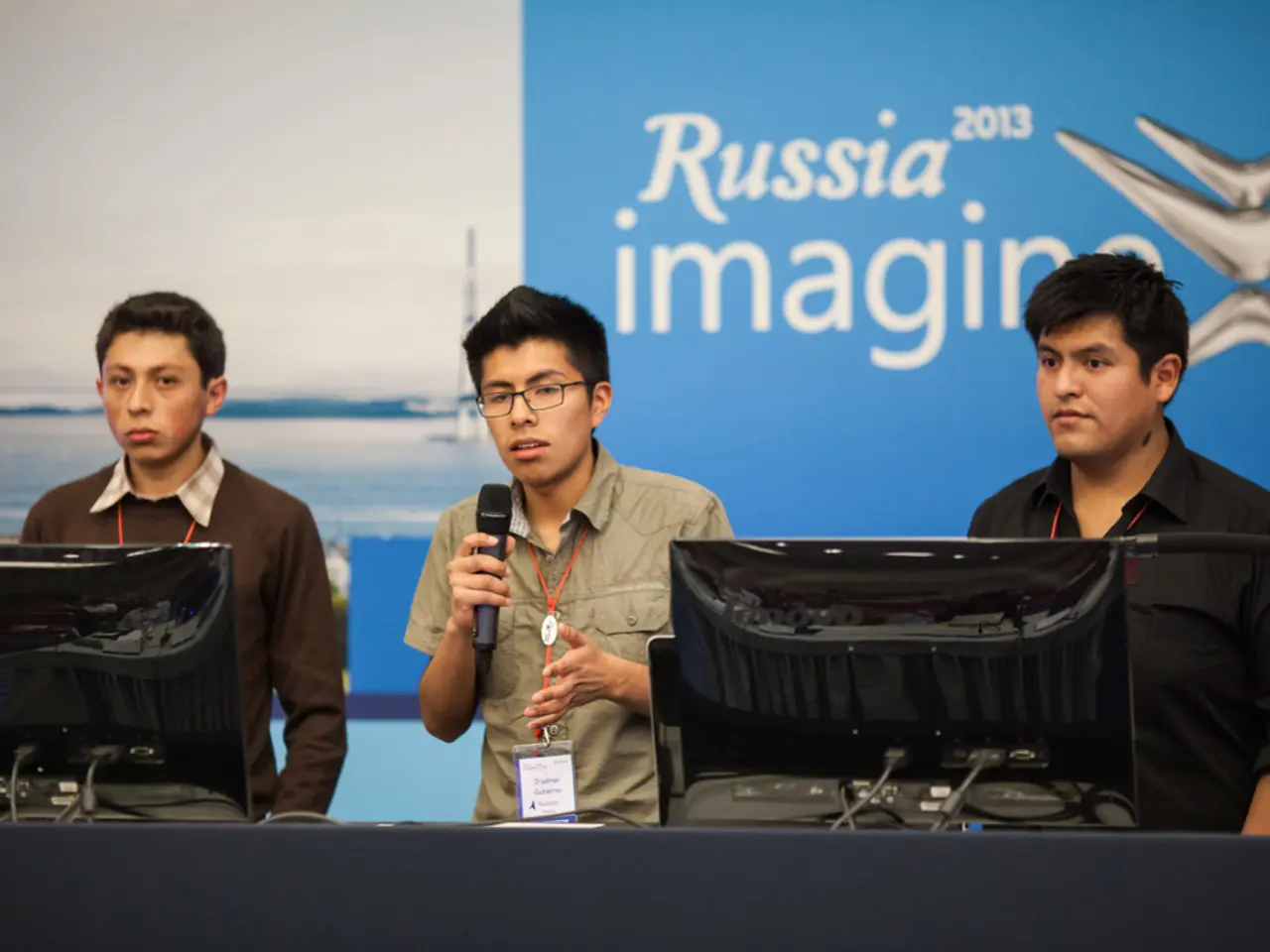Transformation of Kazakhstan's Landscape from July 1st
As of July 1, 2023, Kazakhstan is witnessing significant changes across various sectors, with a focus on strengthening the rule of law, human rights, and social inclusion while modernizing its economy and energy infrastructure.
In the judicial system, President Kassym-Jomart Tokayev's modernization agenda is underway. Key reforms include the creation of a Constitutional Court and expanded powers for human rights institutions. Crime rates have substantially declined since 2019, with significant reductions in overall offenses, robberies, thefts, murders, and crimes in public places. Notable progress has been made in combating domestic violence, leading to a 30% decrease in crimes against women and children in 2025.
The utility prices in Kazakhstan, while not directly detailed for July 2023, are managed within a well-developed electricity sector. The country's electricity generation mix is dominated by coal, natural gas, hydro, and growing shares of wind and solar power. The government is integrating new technologies and energy-consuming sectors like crypto mining to balance power supplies and modernize the economy.
Social policy reforms include a 30% quota for women, youth, and persons with disabilities in elected bodies, the establishment of petitions to increase public participation, enhanced protections for vulnerable groups, and expanded powers and independence for the Ombudsperson.
Economic reforms in Kazakhstan emphasize modernization through technology, better regulation, and inclusion in governance structures. The country is cautiously developing its crypto sector, formalizing it with regulations and subjecting miners to taxation. Energy sector reforms surrounding crypto mining include incentives such as a 70/30 energy allocation program to promote efficient use of surplus energy and support thermal power upgrades.
In addition to these sweeping reforms, Kazakhstan is increasing oil production from eight OPEC+ countries, including Kazakhstan, from July 1. The new oil production quota is 1.514 million barrels per day. The voucher system for preschool education has been launched in Almaty, covering 988 kindergartens. From July 1, attachment to medical organizations in Kazakhstan will be based on a family approach, territorial accessibility, free choice of polyclinic, equality of medical institutions, and accessibility of prevention.
Experts advise getting familiar with the changes in various areas ahead of time to adapt to the new conditions without stress. The rules for disciplinary responsibility and handling complaints from citizens, media, and organizations have been clarified in Kazakhstan's judicial system. The Judicial Council now includes 13 judges from different instances and 2 representatives of the legal community with an advisory vote.
New cassation courts for criminal, civil, and administrative cases have begun operation in Astana, with a staff of 90 judges appointed by the president. The definition of individuals responsible for care in Kazakhstan has been expanded to include foster, patronage caregivers, and other individuals providing care within the law. The term "gross violation of law" has been introduced in Kazakhstan's judicial system, referring to an obvious and substantial violation due to negligence or dishonesty by a judge.
In other areas, Astana-Transit has introduced new heat energy tariffs, and in Kokchetav, water tariffs for up to 3 cubic meters have increased to 123.65 tenge, and the wastewater tariff has become 120.74 tenge per cubic meter. The minimum price level for calculating VAT has been set for 11 types of goods, including flour, oil, vodka, and eggs.
These updates reflect Kazakhstan's commitment to advancing human rights protections and institutional transparency, as noted internationally. The country's ongoing reforms are set to continue shaping its future in the coming years.
- In the realm of policy-and-legislation, Kazakhstan's ongoing reforms are evident in the creation of a Constitutional Court and expanded powers for human rights institutions, as part of President Kassym-Jomart Tokayev's modernization agenda in the judicial system.
- As a part of economic modernization, Kazakhstan is cautiously developing its crypto sector, integrating new technologies, and subjecting miners to taxation, demonstrating a focus on policy and politics in shaping its future in the general-news landscape.





